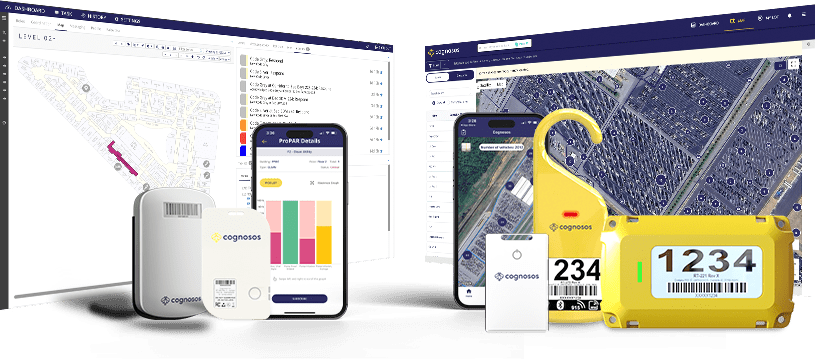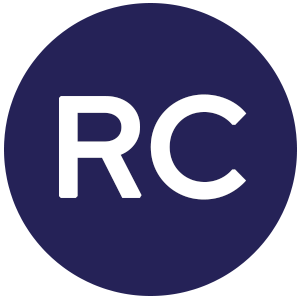Medical crash carts are essential pieces of hospital safety equipment. They contain the medications and critical medical devices a provider might need to treat a patient who “codes,” or has a medical emergency. Crash carts are found in designated areas so that if (and when) an emergency occurs, a doctor or nurse knows exactly where to get one, quickly.
But that’s assuming the crash cart is in the right place, that it contains the necessary medical equipment in good working order, and that its medications haven’t expired. If the crash cart is missing or doesn’t have the right contents, that can threaten patient safety and cause compliance problems for a hospital’s administration.
In this post, we’ll outline three ways in which a real-time location system (RTLS) can support hospitals to keep better track of their medical crash carts and ensure their contents are always up to date.
1. Preventing medical crash carts from becoming lost or misplaced
Hospital crash carts are important, but they’re small and they’re mobile — which makes it exceedingly easy for them to get lost in the maze of a hospital.
Imagine this scenario: you have a 600,000 square-foot hospital, and crash cart no.15 is supposed to sit in an alcove on the fourth floor of the west wing. You go to check for it, but it’s not there. If the cart is not where it’s supposed to be then how can you expect to find that cart at all? What if this was a stressful emergency situation where your staff must treat a patient immediately?
The active zone capabilities of an RTLS can prevent the crash cart from becoming lost in the first place—here’s how it works:
Active zones create virtual boundaries around specific areas of a hospital. The tags on certain pieces of equipment can be programmed to send an alert through the RTLS when that equipment crosses over a prescribed boundary that it shouldn’t. To continue our example, if crash cart no.15 is deployed to the fourth floor of the west wing of your hospital — but it ends up being wheeled to the ninth floor — your RTLS can alert your staff to retrieve the cart and return it to its proper location immediately.
2. Hospital RTLS offers an early-warning system for expiring medications
A medical crash cart carries all the medications a care provider might need to stabilize a patient during an emergency – but those crash cart medications don’t last forever.
If a particular crash cart isn’t used often, it’s nearly impossible to know when the medications on that cart are set to expire. Expired medications are problematic for two reasons: they might be used during an emergency, and they’re likely to be discovered during an inspection by The Joint Commission or state pharmacy board leading to your hospital being fined.
Yes, it’s possible to keep track of the expiration dates of hundreds of medications with pen and paper, or on in Excel spreadsheet. But if your hospital has RTLS you can automate that process by running regular reports every few weeks to see which carts are quickly approaching a first-to-expire date. These steps can give your pharmacy a cushion of time to refresh the carts before an expiration date passes.
3. Save money by utilizing crash cart medications before they expire
Many of the medications found on a crash cart are expensive. If they’re allowed to expire, that’s a consequential cost to absorb. But some of these medications are also used in other high-volume areas of the hospital, such as emergency departments and operating rooms — and they can be repurposed there if you can move them before they expire.
Setting expiration-date alerts for your crash cart tags, as described above, allows you to do this. In one step, you can help realize savings while keeping your crash carts in compliance.
The Takeaway
Medical crash carts are critical for providing emergency treatment when every second counts. If hospital staff cannot locate crash carts or be certain that medications are not expired when they need them most, then patient outcomes are at risk.
With Cognosos RTLS, you can effectively manage and locate your medical crash carts while improving patient care and saving money. Want to learn more about our innovative tracking technology as well as the different types of RTLS on the market?
Read our Ultimate Guide to Choosing the Right RTLS Solution for Your Hospital now.



